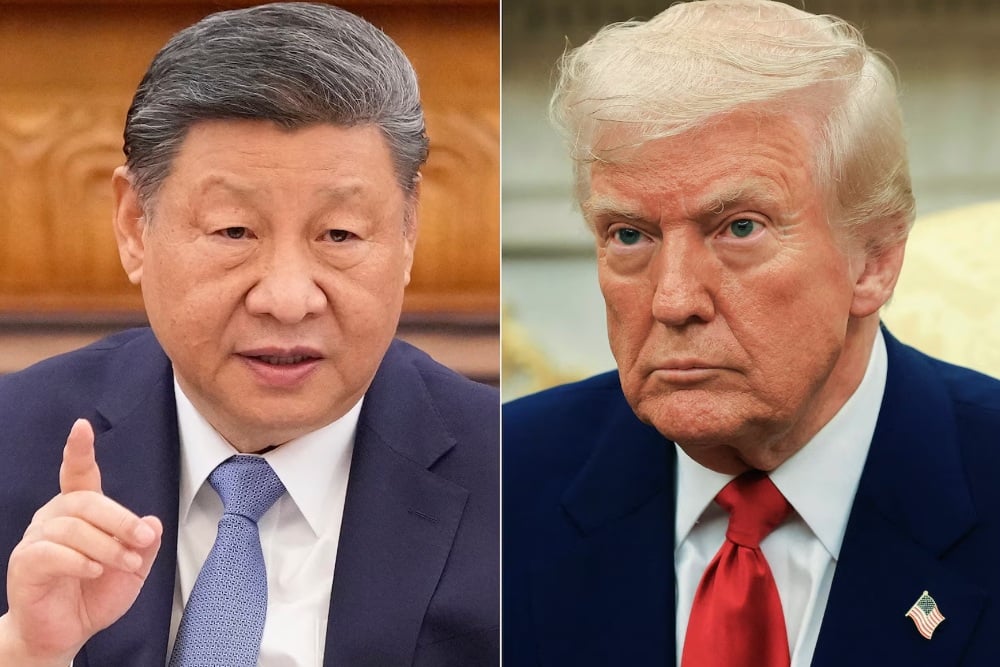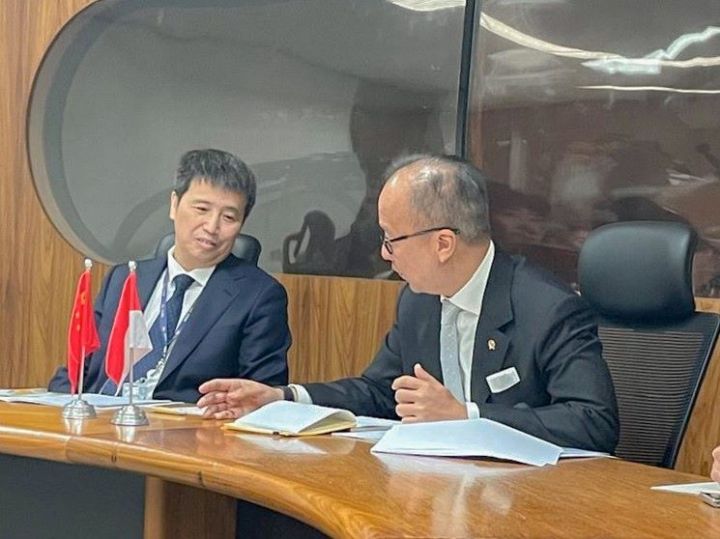Globalization was once the crown jewel of American foreign and economic policy. For decades, the United States led the charge in creating a world more economically interconnected and politically interdependent. However, recent years have marked a dramatic shift—the same nation that once built the foundation of the global economic order is now slowly retreating from it.
In this article, we’ll explore why the U.S. is pulling back from globalization, the key events that signal this shift, and what this means for the future of global trade and diplomacy.
The Rise: America as the Architect of Globalization
After World War II, the United States took the lead in creating multilateral institutions such as the United Nations, the World Bank, and the International Monetary Fund. Later, it helped establish the World Trade Organization (WTO) and pushed for free trade agreements around the world.
From NAFTA to the WTO, from open markets to free capital flow, the U.S. shaped a world where goods, services, and ideas could cross borders more easily than ever before. These policies helped expand global trade, increase investment opportunities, and lift millions out of poverty—particularly in developing nations.
The Shift: Retreating from the Global Stage
However, in recent years, the United States has shown signs of pulling back from the very system it created. This shift became particularly visible during the Trump administration, which emphasized “America First” policies.
Key moments that reflect this shift include:
- Withdrawal from the Trans-Pacific Partnership (TPP) in 2017
- Trade wars with China, involving high tariffs and retaliation
- Reduced support for the World Trade Organization
- Tighter immigration policies and visa restrictions
- A growing focus on reshoring U.S. manufacturing
Even under the Biden administration, which is more globally inclined, there’s been a continued push for domestic economic resilience, especially in critical sectors like semiconductors, pharmaceuticals, and clean energy.
Why Is the U.S. Backing Away?
There are several reasons behind this reversal:
- Economic inequality: Globalization, while beneficial overall, has left many American workers behind, especially in the manufacturing sector.
- National security concerns: Dependence on foreign supply chains has exposed vulnerabilities, as seen during the COVID-19 pandemic.
- Geopolitical rivalry: The rise of China as a global power has forced the U.S. to rethink its economic openness.
- Political pressure: A growing populist sentiment among voters has pushed leaders to focus more on domestic issues than international cooperation.
The Consequences: A Less Connected World?
America’s retreat from globalization is already reshaping global dynamics. Other countries, including China and the European Union, are stepping up to fill the vacuum left by the U.S. Meanwhile, emerging economies are reevaluating their alliances and trade strategies.
While global trade is unlikely to disappear, the era of hyper-globalization may be coming to an end. We’re entering a new phase marked by regional blocs, selective decoupling, and economic nationalism.
Conclusion: Rethinking Globalization in a New Era
The United States stepping back from globalization marks a turning point in modern economic history. While the reasons are complex and rooted in real challenges, the consequences will ripple across every continent.
As the world becomes more fragmented, countries and businesses must adapt to a new reality—one where cooperation and competition walk a fine line.
For better or worse, the era of the U.S. as the champion of globalization is fading. The question now is: who will lead the next chapter?



